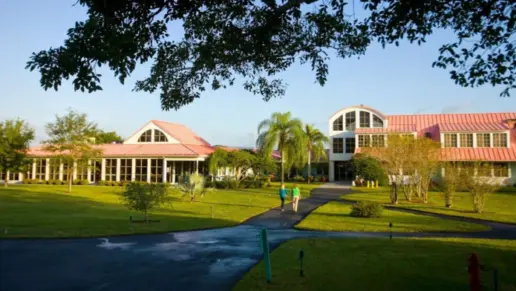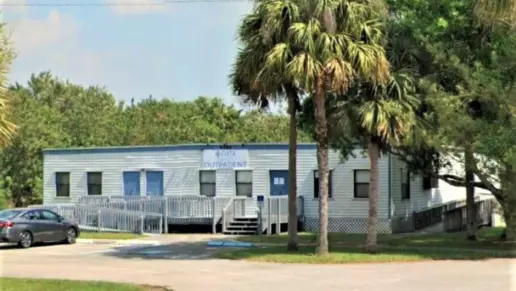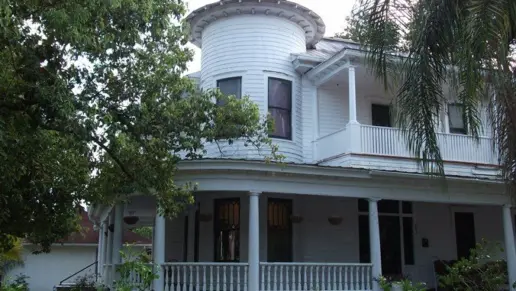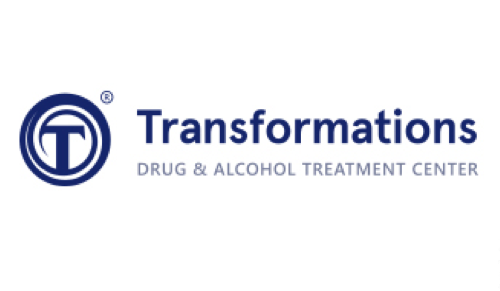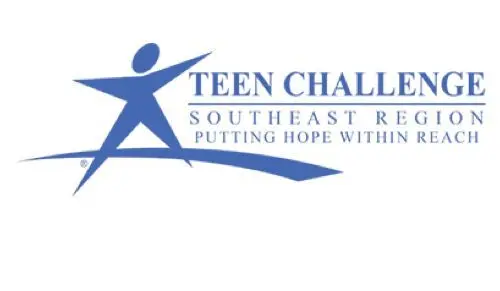About Lamb of God Recovery
Lamb of God Recovery in Pompano Beach, Florida, once provided drug and alcohol use rehabilitation programs to adults. They were a social, faith rooted organization that offered recovery services that serviced individuals and criminal justice diversion clients with residential treatment, structured sober living programs, and aftercare support. They are permanently closed.
The primary mechanism of addiction disruption utilized at this facility relied heavily on strict abstinence from substance use or drinking. Their primary treatment model was based on 12 Step principles and spiritual practice. Clients received intensive group counseling and robust recovery education.
They also offered significant aftercare support and transitional housing to help clients prepare to reintegrate into the workforce and the community. The program emphasized essential coping skills that can help clients manage relapse triggers, including anger management training.
Past clients have mixed views of the facility. Some were concerned about administrative practices and personnel.
Latest Reviews
Rehab Score
Gallery
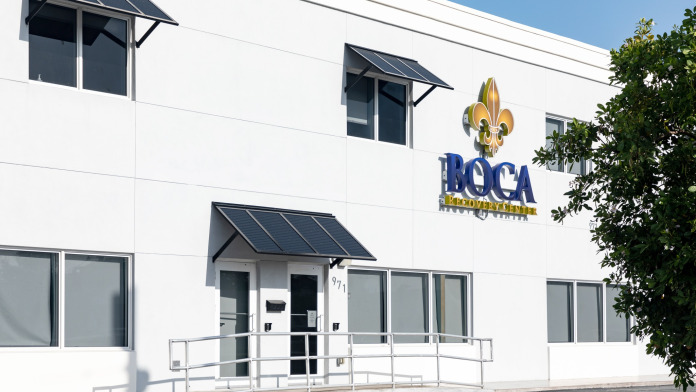
Location
Other Forms of Payment
Self-pay involves paying for treatment out of your own pocket. You can use savings or credit, get a personal loan, or receive help from family and friends to fund your treatment. If you don't have insurance or your insurance plan doesn't cover a specific program, self-pay can help ensure you still get the care you need.
Addiction Treatments
Levels of Care
Treatments
The goal of treatment for alcoholism is abstinence. Those with poor social support, poor motivation, or psychiatric disorders tend to relapse within a few years of treatment. For these people, success is measured by longer periods of abstinence, reduced use of alcohol, better health, and improved social functioning. Recovery and Maintenance are usually based on 12 step programs and AA meetings.
Drug rehab in Florida provides quality treatment to help individuals overcome dependency related to a wide range of addictive substances. Programs address both the physical and mental aspects of addiction in order to help you make a full recovery.
Opioid rehabs specialize in supporting those recovering from opioid addiction. They treat those suffering from addiction to illegal opioids like heroin, as well as prescription drugs like oxycodone. These centers typically combine both physical as well as mental and emotional support to help stop addiction. Physical support often includes medical detox and subsequent medical support (including medication), and mental support includes in-depth therapy to address the underlying causes of addiction.
Substance rehabs focus on helping individuals recover from substance abuse, including alcohol and drug addiction (both illegal and prescription drugs). They often include the opportunity to engage in both individual as well as group therapy.
Programs


Clinical Services
In individual therapy, a patient meets one-on-one with a trained psychologist or counselor. Therapy is a pivotal part of effective substance abuse treatment, as it often covers root causes of addiction, including challenges faced by the patient in their social, family, and work/school life.

